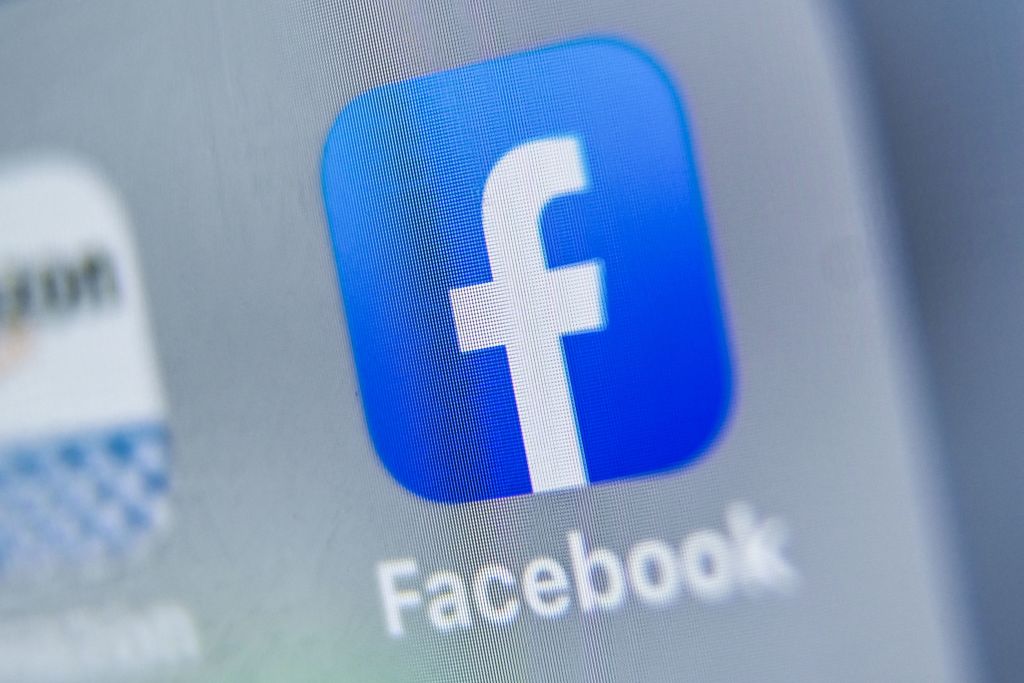Facebook reportedly gave the angry emoji 5 times as much weight as a 'like'


A free daily email with the biggest news stories of the day – and the best features from TheWeek.com
You are now subscribed
Your newsletter sign-up was successful
Facebook reportedly sparked internal concern and debate after tweaking its algorithm to make reactions — including anger — five times more important than "likes."
The company made this change to its algorithm giving emoji reactions five times the weight of likes in 2017, The Washington Post reported, citing company documents. The idea was to boost content that sparked engagement and interaction from users, but "Facebook's own researchers were quick to suspect a critical flaw," the Post writes. As one staffer warned, this could lead to a "higher ratio of controversial than agreeable content" in users' news feeds, opening "the door to more spam/abuse/clickbait inadvertently." Another Facebook staffer at the time reportedly acknowledged this was "possible."
Facebook data scientists by 2019 determined posts that earn angry emojis were more likely to include misinformation, toxicity, and low quality news, meaning "Facebook for three years systematically amped up some of the worst of its platform, making it more prominent in users' feeds and spreading it to a much wider audience," the Post writes. In 2018, Facebook reportedly cut the weight of the anger emoji to four times that of likes. The company eventually gave the anger emoji a weight of zero, which it continues to have today, while the "love" and "sad" emojis became worth two likes.
The Week
Escape your echo chamber. Get the facts behind the news, plus analysis from multiple perspectives.

Sign up for The Week's Free Newsletters
From our morning news briefing to a weekly Good News Newsletter, get the best of The Week delivered directly to your inbox.
From our morning news briefing to a weekly Good News Newsletter, get the best of The Week delivered directly to your inbox.
This was the latest report to come out of a series of documents provided to Congress by former Facebook employee Frances Haugen, who has accused Facebook of prioritizing profits over users' safety. A Facebook spokesperson told the Post that "we continue to work to understand what content creates negative experiences, so we can reduce its distribution," including "content that has a disproportionate amount of angry reactions." Read more at The Washington Post.
A free daily email with the biggest news stories of the day – and the best features from TheWeek.com
Brendan worked as a culture writer at The Week from 2018 to 2023, covering the entertainment industry, including film reviews, television recaps, awards season, the box office, major movie franchises and Hollywood gossip. He has written about film and television for outlets including Bloody Disgusting, Showbiz Cheat Sheet, Heavy and The Celebrity Cafe.
-
 How the FCC’s ‘equal time’ rule works
How the FCC’s ‘equal time’ rule worksIn the Spotlight The law is at the heart of the Colbert-CBS conflict
-
 What is the endgame in the DHS shutdown?
What is the endgame in the DHS shutdown?Today’s Big Question Democrats want to rein in ICE’s immigration crackdown
-
 ‘Poor time management isn’t just an inconvenience’
‘Poor time management isn’t just an inconvenience’Instant Opinion Opinion, comment and editorials of the day
-
 TikTok secures deal to remain in US
TikTok secures deal to remain in USSpeed Read ByteDance will form a US version of the popular video-sharing platform
-
 Unemployment rate ticks up amid fall job losses
Unemployment rate ticks up amid fall job lossesSpeed Read Data released by the Commerce Department indicates ‘one of the weakest American labor markets in years’
-
 US mints final penny after 232-year run
US mints final penny after 232-year runSpeed Read Production of the one-cent coin has ended
-
 Warner Bros. explores sale amid Paramount bids
Warner Bros. explores sale amid Paramount bidsSpeed Read The media giant, home to HBO and DC Studios, has received interest from multiple buying parties
-
 Gold tops $4K per ounce, signaling financial unease
Gold tops $4K per ounce, signaling financial uneaseSpeed Read Investors are worried about President Donald Trump’s trade war
-
 Electronic Arts to go private in record $55B deal
Electronic Arts to go private in record $55B dealspeed read The video game giant is behind ‘The Sims’ and ‘Madden NFL’
-
 New York court tosses Trump's $500M fraud fine
New York court tosses Trump's $500M fraud fineSpeed Read A divided appeals court threw out a hefty penalty against President Trump for fraudulently inflating his wealth
-
 Trump said to seek government stake in Intel
Trump said to seek government stake in IntelSpeed Read The president and Intel CEO Lip-Bu Tan reportedly discussed the proposal at a recent meeting
